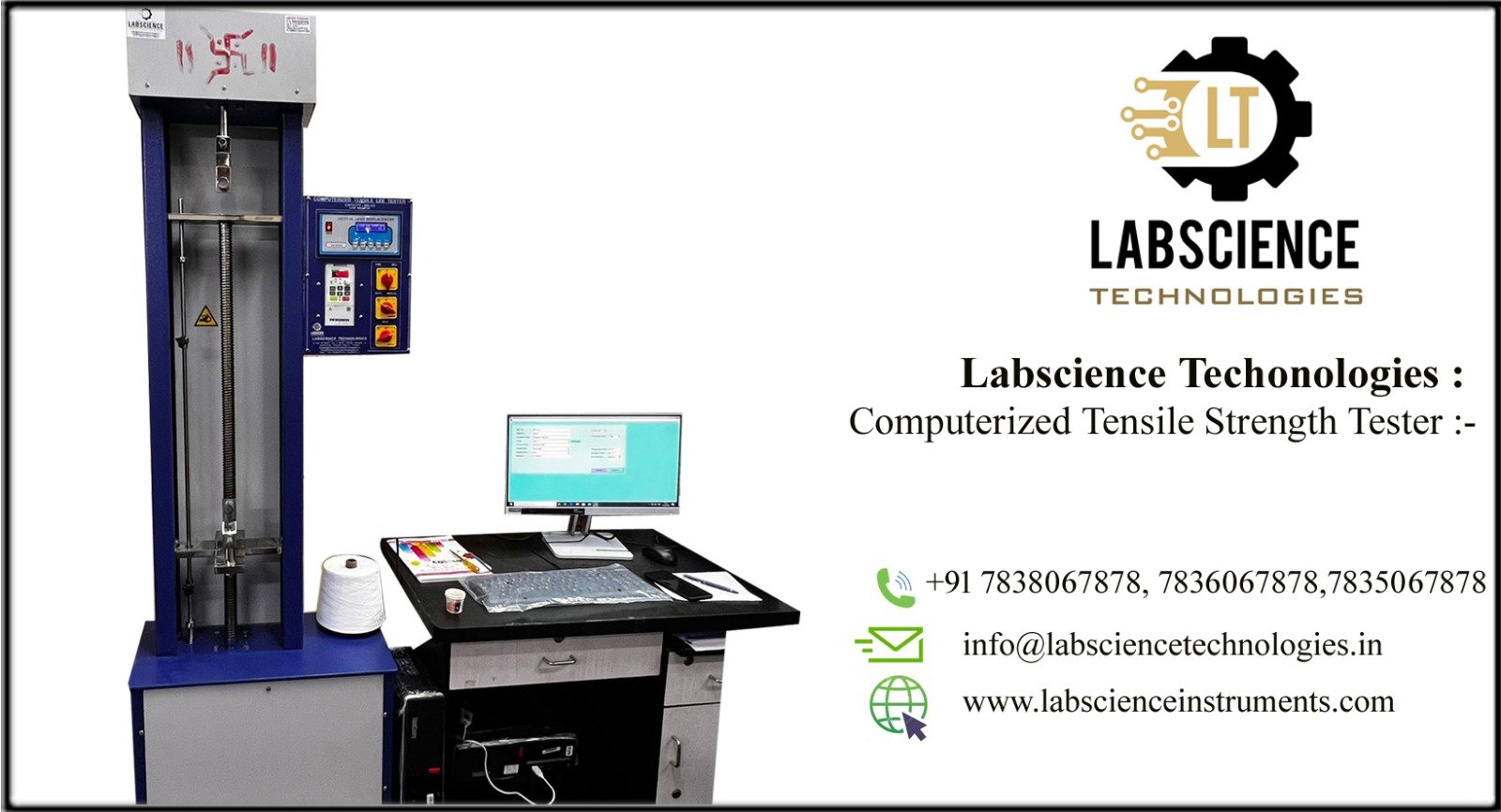Description
Tensile Testing: Essential for Material Performance Evaluation
Tensile testing is a critical method used to evaluate a material’s ability to withstand forces that pull it apart. It is widely employed in industries like automotive, aerospace, construction, and manufacturing to assess the strength, flexibility, and overall durability of materials such as metals, plastics, and textiles. By measuring the material’s tensile strength, yield strength, elongation, and elasticity, tensile testing provides valuable data for product design and material selection.
In a typical tensile test, a sample is placed in a tensile testing machine, where it is gradually pulled apart under controlled conditions until it fractures. Throughout the process, the machine records key data like the force applied and the extent of the material’s deformation. This information helps engineers and manufacturers understand how the material behaves under stress, ensuring that it meets the required performance standards for specific applications.
Tensile testing is not only important for ensuring product quality but also for safety and regulatory compliance. Products that are exposed to tension, such as structural components, cables, or medical devices, rely on the data from tensile tests to ensure they perform as expected under real-world conditions. This method remains one of the most reliable ways to assess material strength and longevity.
Features
Key Features of Tensile Testing
Tensile testing is a fundamental method used to evaluate the mechanical behavior of materials, offering several important features that make it indispensable in material science and engineering. The most prominent feature is its ability to measure tensile strength, which assesses the maximum stress a material can endure before breaking. This data is crucial for industries that rely on high-strength materials, such as construction, automotive, and aerospace sectors.
Another essential feature of tensile testing is the assessment of elongation at break, which measures how much a material stretches before it fractures. This characteristic is especially important for flexible materials like rubber and polymers, ensuring that they meet performance standards in applications requiring high elasticity.
Tensile testing also measures the modulus of elasticity, which indicates how stiff or flexible a material is. Materials with a higher modulus are less likely to deform under stress, making this feature valuable for selecting materials used in load-bearing structures.
Moreover, the test identifies the yield strength, which marks the point at which a material starts to deform permanently. This feature ensures that materials retain their shape and structure under operational stresses, maintaining product reliability and safety.
These features make tensile testing vital for quality control, ensuring materials perform as expected in real-world conditions.
Specification
Tensile Testing Specifications
Tensile testing is a standardized procedure used to measure the mechanical properties of materials. The specifications for tensile testing ensure accuracy and consistency in evaluating the material’s performance under tension. One key specification is the test specimen dimensions, which must adhere to precise measurements depending on the material being tested, such as the shape and size outlined in ASTM or ISO standards. The specimen’s length, width, and thickness directly influence the test results.
The tensile testing machine specification is also critical. A typical tensile testing machine, known as a universal testing machine (UTM), should be capable of applying a range of forces, depending on the material type. Machines typically offer different force capacities, from small loads for testing plastics or thin materials to large capacities for metals or heavy materials. The machine must also have precise load cells to accurately measure the applied force and extensometers to measure the elongation of the material.
Additionally, testing speed plays an important role in tensile testing specifications. The speed at which the sample is pulled affects the results, with international standards specifying the correct rate to ensure consistency.
The testing environment, including temperature and humidity, should also be controlled, as these factors can impact the material’s behavior. Accurate tensile testing specifications ensure that the results provide reliable data for material selection, product development, and quality control.
Kindly fill this form to demand a call-back to from our client support boss with esteeming and details.
Call our Specialists for the Best Deal
+91 7838067878
Call Now
+91 7838067878

